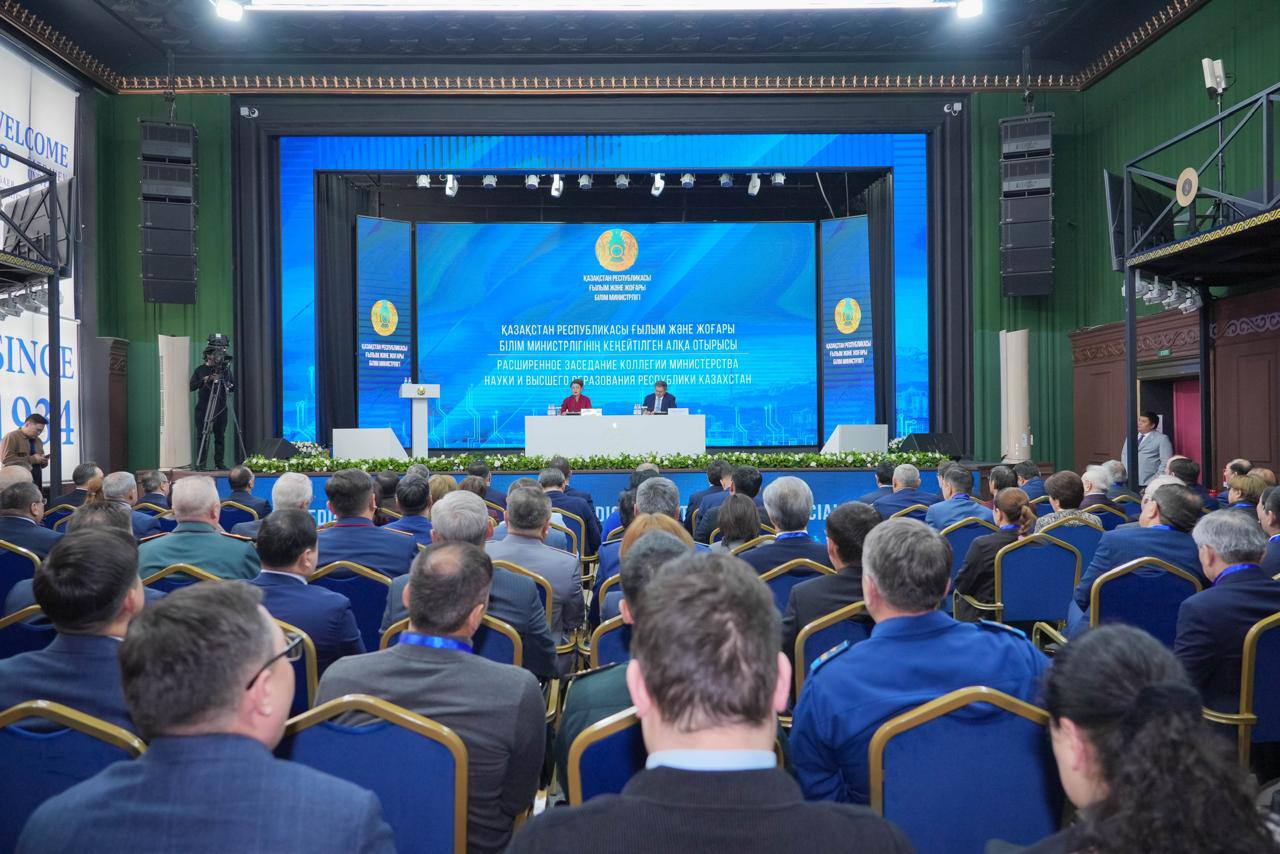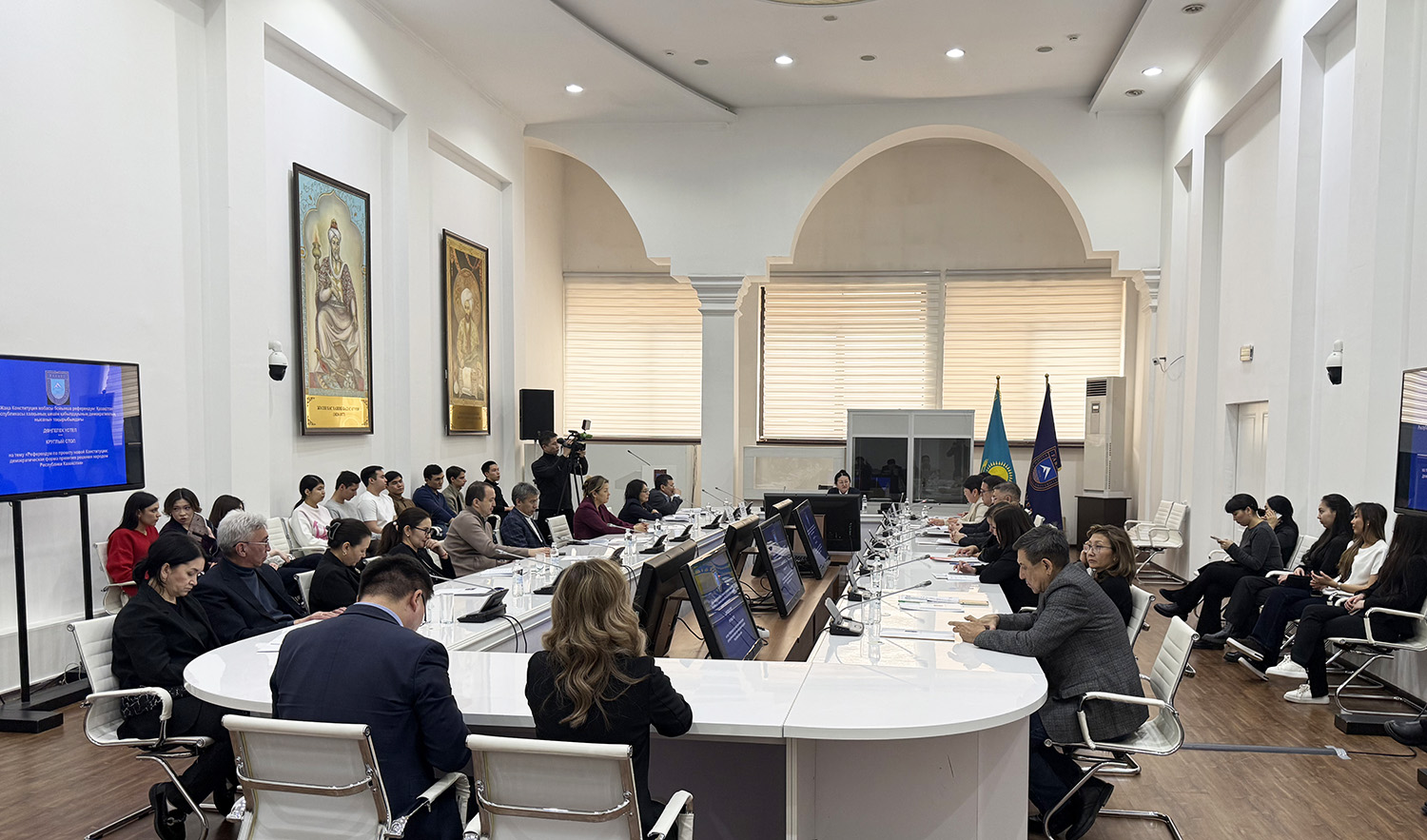SDG 3:Analysis of the role and significance of the second Nuremberg Trials

Analysis of the role and significance of the second Nuremberg Trials in the context of the formation of the basic principles of bioethics, the formation of the UN and its influence on the formation of the principles and norms of international law. Discussion of the significance of war criminal trials for the development of international justice and strengthening international cooperation in the fight against crimes against humanity.
.jpg)
Before the discussion, the students watched newsreels and read documents about the Second Nuremberg Trial of doctors who worked in concentration camps and conducted wild experiments. Unfortunately, the past has not gone away and has not sunk into eternity. The problem of humanity, humaneness is acute in our days, when biological weapons are being developed for the mass extermination of people. The Second Nuremberg Trial of Doctors, also known as the "Murderer Doctors Trial", was held in Nuremberg from December 9, 1949 to August 20, 1953. It was a trial of a group of Nazi doctors who were accused of conducting medical experiments on people in concentration camps during World War II. Charges - In the dock were 21 doctors and persons associated with them, who were accused of the following crimes: ü Conducting medical experiments on prisoners of concentration camps, which often ended in the death or disability of the subjects. ü Using prisoners as experimental animals to test new drugs and treatments. ü Conducting experiments to sterilize women without their consent. ü Using prisoners as donors for Nazi doctors. Trial - The Second Nuremberg Doctors' Trial was one of the most complex and lengthy trials in history. It took place in several stages and included a lot of testimony, examinations and evidence. Numerous pieces of evidence of the crimes committed by the accused were presented at the trial. These included testimony of witnesses, documents, photographs, video recordings and other materials. Expertise was also conducted that confirmed that the accused had indeed conducted medical experiments on people. The accused and their defense tried to challenge the charges, arguing that they had acted in accordance with the medical standards of the time and that their actions were not criminal. However, the court found them guilty on all counts. The verdict in the doctors' trial was handed down on August 20, 1953. 15 defendants were sentenced to death, 6 to life imprisonment, and 1 to 20 years in prison. The sentence was carried out against 10 people. The Second Nuremberg Doctors' Trial was an important milestone in the history of justice. It showed that even the most terrible crimes will not go unpunished. It also helped raise awareness of medical experiments on humans and their consequences. The Second Nuremberg Doctors' Trial remains an important milestone in the history of justice and a reminder that crimes against humanity must not go unpunished
Lecturer of the Department of Biophysics, Biomedicine and Neuroscience: Y.V.Shvetsova


